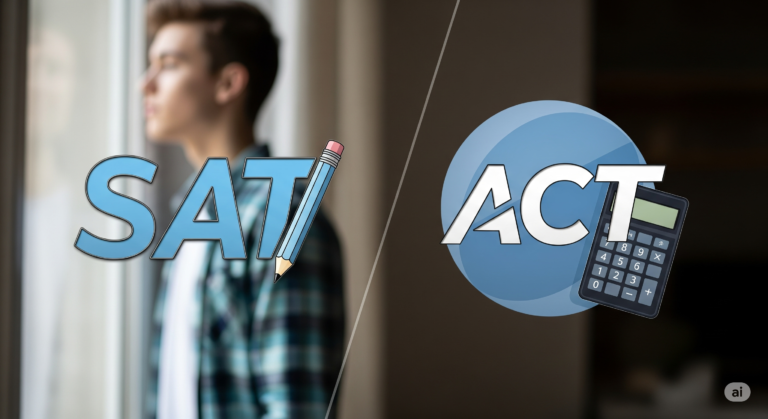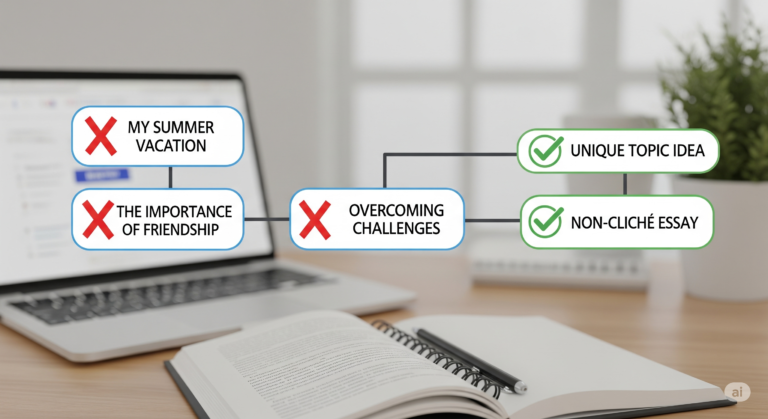Last updated: August 16, 2025. Testing rules are shifting. Use this cheat sheet to keep options open and avoid surprises.
Ivy League Snapshot
- Harvard — Test-required (SAT/ACT) for Class of 2029 applicants (Fall 2025 entry). In rare access issues, other exams may be considered.
- Yale — Test-required, test-flexible: you may submit SAT, ACT, AP, or IB to fulfill the requirement (AP/IB must include all completed exams).
- Brown — Test-required starting 2024–25 (superscores accepted).
- Dartmouth — Test-required starting with Class of 2029.
- Penn — Test-required beginning 2025–26 (Fall 2026 entry). Hardship waivers available.
- Princeton — Test-optional for Fall 2025 applicants.
- Columbia — Permanently test-optional.
Other Highly Selective & Big Publics
- Stanford — Test-required for Fall 2026 entry (applications due in the 2025–26 cycle).
- MIT — Test-required (policy reinstated in 2022; ongoing).
- Caltech — Test-required beginning with Fall 2025 entry (continues for 2026).
- Georgetown — Test-required; Georgetown does not participate in Score Choice and expects your full testing record.
- UT Austin — Test-required beginning with Fall 2025 entry.
- Purdue (West Lafayette) — Test-required (reinstated for Fall 2024 and continuing).
- Johns Hopkins — Test-required for Fall 2026 entry (test-optional for Fall 2025).
- Cornell — Test-required for Fall 2026 entry.
State Systems to Know
- University of California (all campuses) — Test-free: SAT/ACT not used for admission or scholarships (scores may be used for placement after enrollment).
- California State University (CSU) — Test-free for admission; SAT/ACT may be used for placement only.
- University System of Georgia — Most campuses remain test-optional through 2025–26; testing is required at UGA, Georgia Tech, and Georgia College & State (additional universities slated to require tests beginning Fall 2026).
- University of Florida (UF) — Test-required; accepts SAT/ACT/CLT and superscores.
What “Test-Flexible” Means (Yale Example)
“Test-flexible” still means scores are required, but the type of score can vary. At Yale, you can fulfill the requirement with SAT, ACT, AP, or IB. If you choose AP/IB, you should report all completed subject exams to date. Some applicants are still best served by submitting SAT/ACT—see next section.
Should You Test? A Simple Planner
- If any likely school is test-required (or might become required), plan for one SAT/ACT attempt by October–December 2025.
- Test-optional list? If your practice scores are at/above the school’s median, testing can still help with admission, merit aid, and major placement.
- STEM/CS/Business admits often benefit from strong Math/ACT composites even at test-optional schools.
Superscoring & Score Choice (Quick Notes)
- Superscore = colleges combine your best section scores from different dates (policies vary).
- Score Choice lets you choose which test dates to send—but schools like Georgetown require your full testing record.
CLT (Classic Learning Test)
UF and the Florida public system accept the CLT alongside SAT/ACT. Outside Florida, CLT acceptance is limited—verify per school.
Action Box (Copy/Paste for Families)
- Register for an SAT or ACT this fall (aim for Oct–Dec 2025).
- Build a college list with clear testing columns: Required / Flexible / Optional / Test-Free.
- Plan score sends early—some colleges have score receipt deadlines that differ from application deadlines.
Free Download
Grab the 1-page PDF: 2025–26 Testing Rules at a Glance (easy to share with families).
Disclaimer
Always verify on each college’s official site. Policies, acceptable tests, and deadlines can change without notice.










